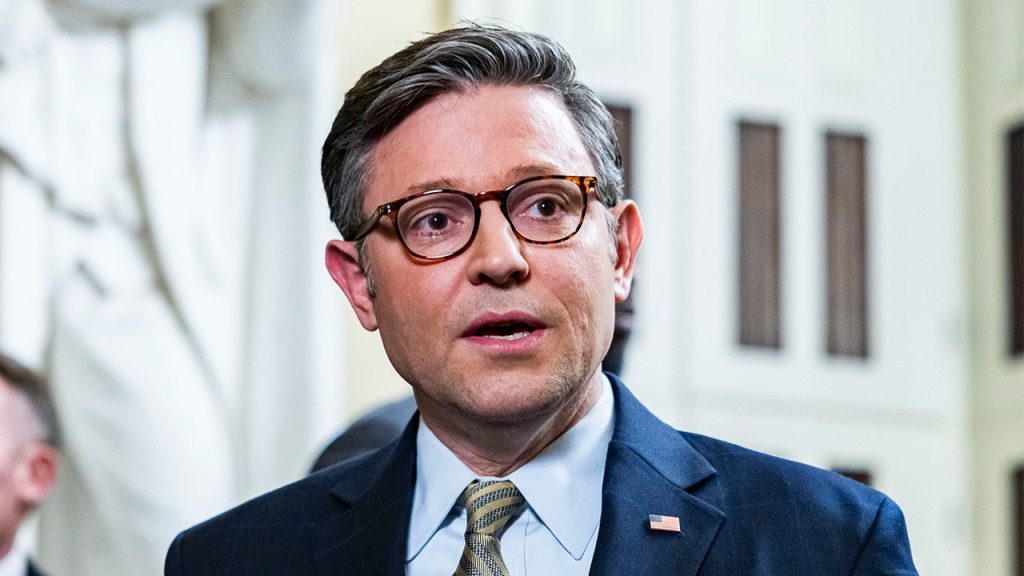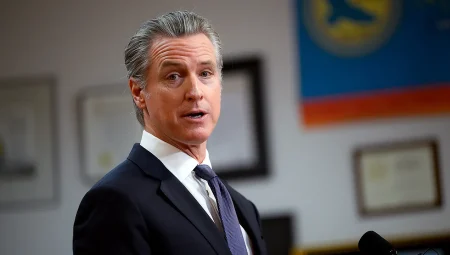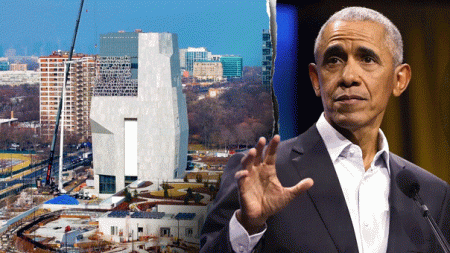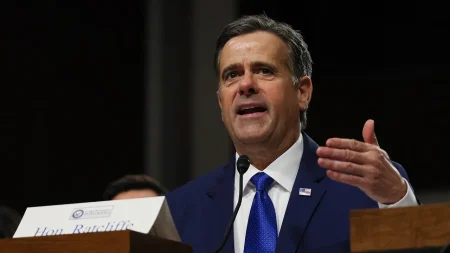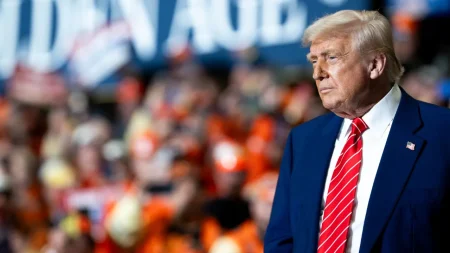The impending House Speaker election, scheduled for noon on Friday, January 3, 2025, carries significant weight, setting the stage for the next two years of legislative activity under the incoming Republican administration and, crucially, preceding the certification of President-elect Donald Trump’s election victory just three days later. This election follows a tumultuous period for House leadership, marked by internal Republican divisions that culminated in the ousting of former Speaker Kevin McCarthy in October 2023 and a protracted process to elect his successor, current Speaker Mike Johnson. The upcoming vote carries an added layer of urgency, as the House cannot conduct any official business, including the crucial Electoral College certification, until a speaker is chosen and the 119th Congress is sworn in.
The current race features Speaker Johnson vying for reelection, facing internal challenges from within the Republican ranks. While no other candidates have formally declared their intentions, the potential for alternative candidates to emerge on the day of the vote remains, echoing past speaker elections. Johnson’s path to victory is complicated by a slim four-seat Republican majority, expected to narrow further as two Republican representatives transition to cabinet positions pending Senate confirmation. This precarious majority necessitates a near-unanimous Republican vote for Johnson, requiring 218 votes assuming full House attendance. However, his leadership has already faced dissent, particularly surrounding recent government funding legislation, raising concerns about his ability to secure the necessary support.
Adding to the complexity, several Republican representatives have publicly expressed reservations about supporting Johnson. Rep. Thomas Massie has explicitly stated his opposition, while Rep. Scott Perry has indicated he remains open to other options, contingent upon further discussions with Johnson. The Democrats, led by House Minority Leader Hakeem Jeffries, have declared their unwillingness to intervene and support Johnson should he fall short of Republican votes. This stance further emphasizes the internal Republican divisions and the pressure on Johnson to consolidate support within his own party. The recent government funding battles, where a significant number of Republicans opposed Johnson’s proposals, underscore the fissures within the GOP and could foreshadow challenges in the speaker election.
The government funding saga serves as a telling precursor to the potential challenges Johnson faces in securing the speakership. His initial funding proposal failed before reaching the House floor due to opposition from Republican lawmakers and influential figures outside of Congress. A second attempt also failed to garner sufficient support, highlighting the depth of disagreement. While a third package ultimately passed with unanimous Democrat support, the opposition of 34 Republicans underscores the potential for a contentious speaker election. This dissent suggests that anywhere from four to ten Republicans could oppose Johnson’s bid, jeopardizing his chances and potentially triggering a protracted and unpredictable election process.
The outcome of the speaker election carries significant implications for the certification of President-elect Trump’s victory. The House cannot officially recognize the election results until a speaker is chosen and the new Congress is sworn in. The potential for a drawn-out speaker election, reminiscent of the 15-ballot process in January 2023, raises concerns about potential delays in the certification process. This uncertainty underscores the importance of a swift and decisive speaker election to ensure a smooth transition of power and avoid any disruption to the presidential certification.
Trump’s endorsement of Johnson, while potentially influential, does not guarantee a smooth path to victory. While the former president’s support carries weight within the Republican party, the expressed dissent from several GOP members and the contentious government funding debates indicate that Johnson faces significant hurdles. The narrow Republican majority leaves little room for error, and even a small number of defectors could derail his bid. The combination of internal divisions, external pressures, and the looming presidential certification creates a highly charged atmosphere, making the House speaker election a critical moment for the Republican party and the future direction of the House. The outcome of this election will not only determine the House leadership for the next two years but also set the tone for the new Congressional session and its relationship with the incoming Trump administration.





